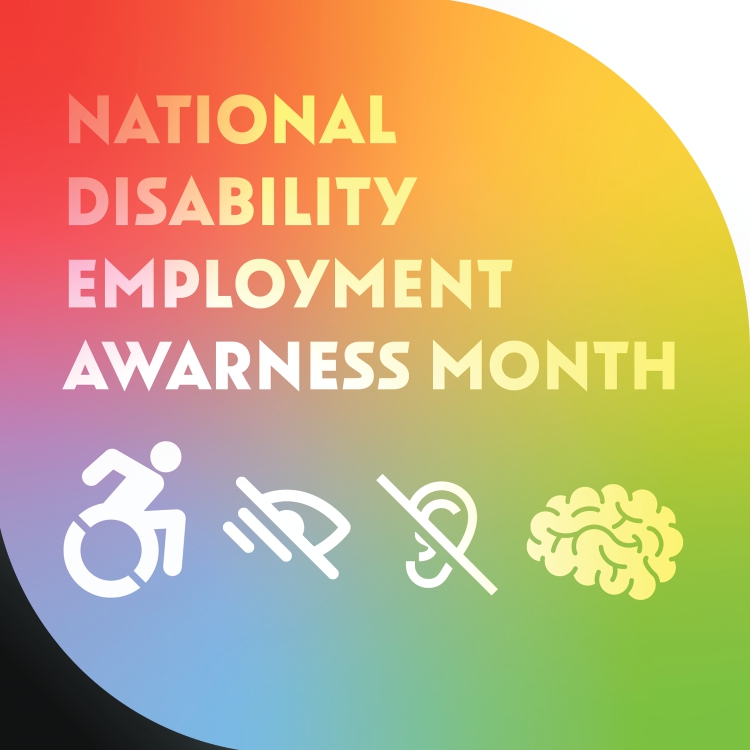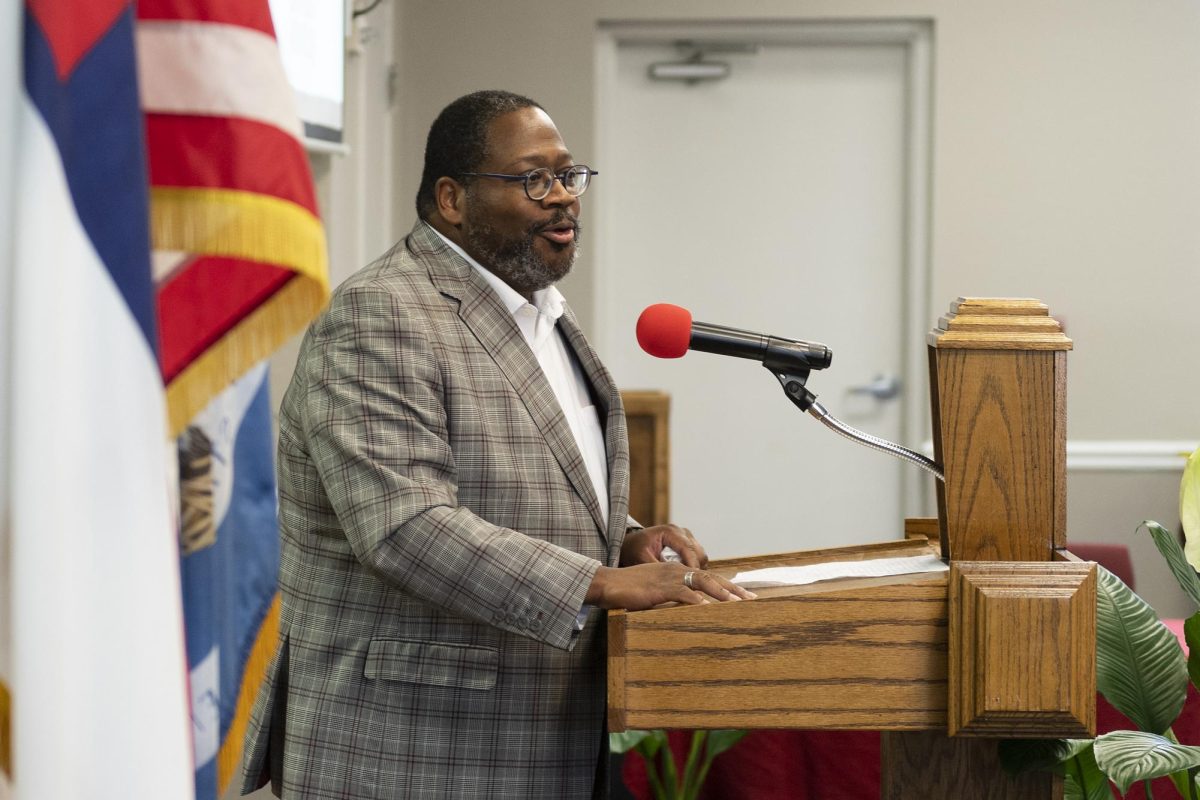Reported alcohol incidents have increased in 2013 to 28 from zero reported incidents in 2012, Roger Pinac, Loyola University Police Department captain, said.
Drug and alcohol violations have been among the most reported crimes on Loyola’s campus for the past three years, according to Campus Crime Report, LUPD crime report.
According to the university’s Campus Crime Report, which compares violations since 2010, the number of drug related arrests went from 13 in 2010, to eight in 2011 and back up to 17 in 2012. The report also showed the records for disciplinary referrals for both liquor violations, which went from 59 reported violations in 2011 to zero in 2012, and drug related violations, which went from 14 in 2011 to 25 in 2012.
Most of the drug and alcohol violations were reported in Loyola’s residence halls, according to LUPD’s crime logs.
Pinac said that the violations could be any incident that university police are brought in to investigate in which drugs or alcohol may be involved or suspected to be involved in, even if the police could not find any of those substances.
George Capowich, associate professor of sociology and criminology, said the numbers are not unique to the Loyola community.
He said the behavior is typical for an age group of 19 through early 20s since students are away from home and are experimenting with their freedom.
“I don’t think it has anything to do with the fact that we are in New Orleans,” Capowich said. “This type of behavior is typical for college students everywhere, regardless of where their university is.”
According to a 2010 national survey conducted by the Substance Abuse and Mental Health Services Administration of the U.S. Department of Health and Human Services, 22 percent of full time college-aged 18 to 22 students used illicit drugs and 63.3 percent have consumed alcoholic beverages.
Lexa Lake, psychology junior, said she believes alcohol should be allowed on campus for students who are over the age of 21.
“I don’t think that there is any reason for those who are 21-plus to comply with the alcohol restrictions in place for those who are under 21, seeing as they are legally allowed to purchase alcohol,” Lake said in an email.
Pinac said that university police informs students at every new student orientation that drug and alcohol violations can be illegal, depending on the ages of the people involved in the alcohol violations and whether or not the drug violations have been prescribed to the person.
Pinac said that there would be consequences for anyone who ignores the Student Code of Conduct rules.
“Until our legislature and the government decides it’s not a crime, it is a crime, and you’ve got to have consequences if you choose to ignore it,” Pinac said.
Capowich said he believes a way that the number of violations could go down is by identifying people who are dependent on drugs and alcohol, so their addiction could be put in perspective as a disease.
Lake said she she believes LUPD is doing as much as possible to prevent them.
“I think that that would fall to the students to be more responsible and make good choices when it comes to these sort of things,” Lake said
Burke Bischoff can be contacted at [email protected]







